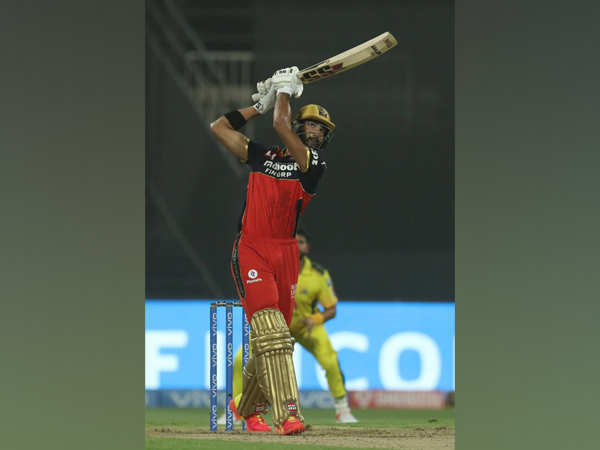"You don't get your lunch if you don't bowl those 30 overs": Naseer Hussain, Ricky Ponting discuss slow over-rate solutions
Aug 02, 2023

London [UK], August 2 : Following imposition of slow over-rate sanctions on Australia and England after the men's Ashes series, former Australian captain Ricky Ponting said that he does not get it where the time during the game is going despite getting half-an-hour extra play everyday and called for umpires to be more active in ensuring that play is sped up.
After the completion of Ashes Series 2023, Australia and England have docked crucial ICC World Test Championship points and have been hit with fines for maintaining a slow over-rate during the men’s Ashes.
England lost 19 WTC points due to sanctions in four of the Tests, while Australia dropped 10 points from one match. England were slow in all games except Headingley's third Test, and Australia was penalised for a slow over-rate in Old Trafford's fourth Test.
On the ICC Review, legends Ponting and Nasser Hussain spoke about the slow over-rate issues that plagued the Ashes series.
ICC Hall of Famer Ponting voiced his concern when asked about ways to rectify slow over-rate in Test cricket.
"I cannot see where all the time is going in the game, that is the one thing I cannot understand. So, now there is an extra half an hour played every day and still we are losing six or seven overs every day. I do not know, I just do not get it. I do not know where the time’s going," said Ponting as quoted by ICC.
"The players have to take responsibility. I think the umpires can be more active in it as well. I think the umpires need to start just getting the players around more, getting them ready, getting them organised, making sure the batter’s ready to face up, making sure the bowler is at the end of his mark when the batsman gets back to his crease. We have got to find a way not to be losing so much time in these games."
"I know the cricket has been ultra entertaining. Crowds are not going to be whinging about what they have seen as far as the cricket’s concerned, but when you go to a day’s play and you expect 90 overs, but you see 80, you have got to be a little bit disappointed."
"I mean at the World Test Championship final, by the evening session on day three, one whole session of play had been lost. Two hours of play have been lost over three days and I just do not know where it goes and I am not sure what the right punishment is."
"I am sure that the defence of both these two teams will be how entertaining the games have been. They have not been draws that have dragged out and we have lost much time. I mean, Headingley’s a great example, right? You lose nearly a whole day of play and game’s still over in four days so," he concluded his point.
Ponting recalled how Australia missed out on playing the World Test Championship Final in the inaugural edition as a result. Australia were fined four WTC points from their Test match in Melbourne against India, which saw them miss out on the Final berth to New Zealand.
"I honestly do not know what the answer is but if a team, like Australia did last time, if they miss out on playing in the World Test Championship final just because of a few overs here and there then it is a pretty harsh penalty."
Former England captain Nasser Hussain was more stringent in his assessment of the slow over-rate issue on the ICC Review.
"I think the penalties should be harsh. I do think it is something that upsets fans. Tickets, especially in England, are very expensive. So you want to get the full day. Now some people argue, well, you are getting the entertainment anyway. But I do think, if you pay for 90 overs, you should expect 90 overs," said Hussain.
"And after 85 overs, if they just suddenly stroll off with the extra half hour already been bowled, I do think fines, and World Test Championship deduction points, it has cost sides already a place in World Test Championship finals. So I do think the ICC should continue to be strong with teams," he added.
As a strict solution to curb slow over rate, Hussain advocated for teams to bowl their full quota of overs in a session, even if it leads to longer and more tiring sessions of play.
"And I do think to a degree, and I know you have to get TV companies to buy into it, but if you do not bowl your 30 overs, you have to stay on,” Nasser proposed. "You don't get your lunch, you do not get your cup of tea until you bowl your 30 overs," he added.
"Now what that will do is make players get through the day quicker, earlier, because the last thing you want is a three-and-a-half hour last session. The seamers in particular are not going to be overly thrilled if they have to bowl three and a half hours at the end, so umpires need to be stronger with players," he concluded.




















